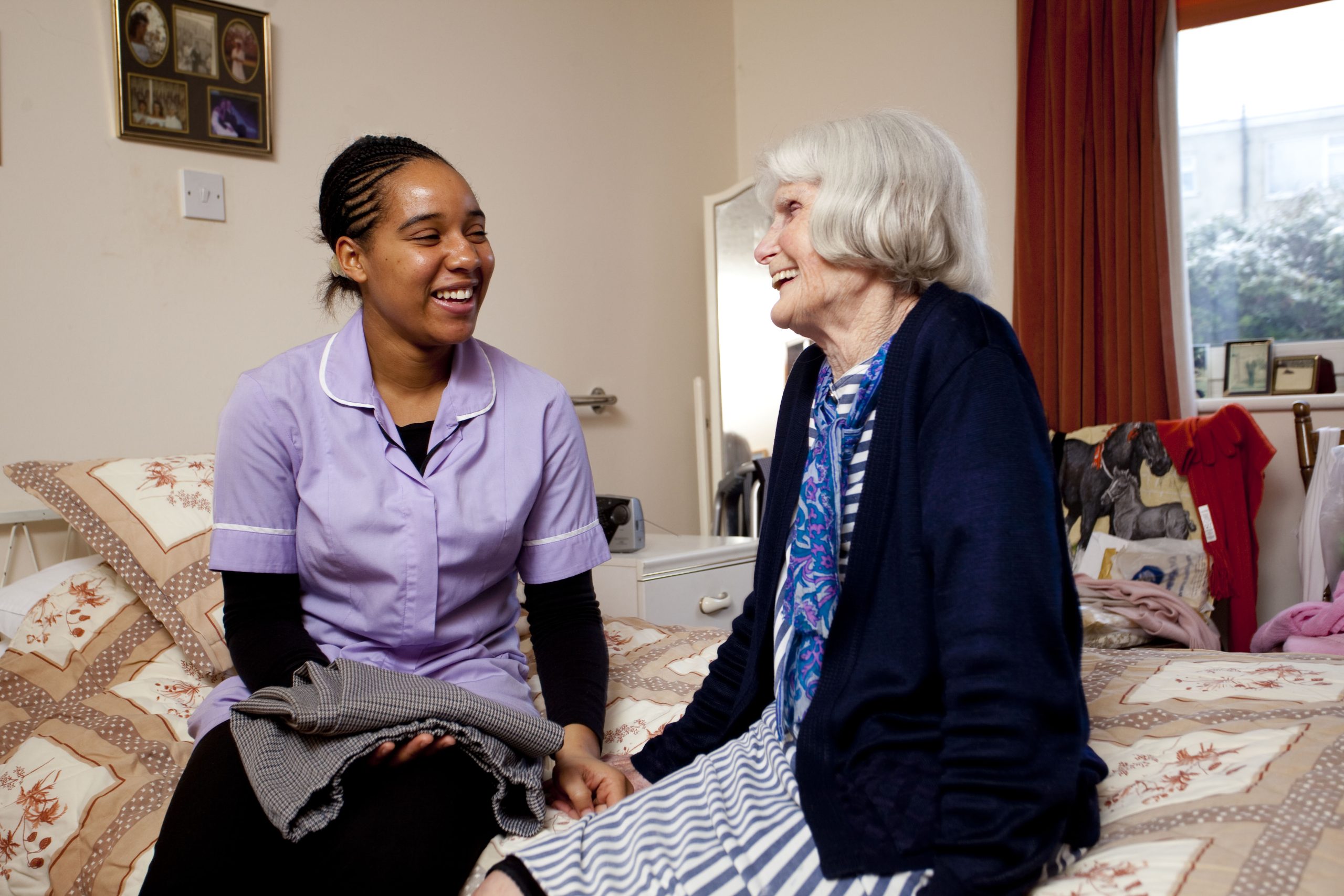
Welcome to the Frailty and Dementia Toolkit, developed by Gloucestershire practitioners to support all staff working with, or interested in, frailty. This evolving resource is regularly updated with new information. Whilst it is acknowledged there is an overlap between frailty and dementia, for easy we have separated the two.
We welcome your feedback and suggestions for topics or resources to include — please contact us at glicb.ageingwell@nhs.net
On this page...
How to navigate the toolkit
Navigate the toolkit easily by selecting any of the blue boxes, which will take you directly to relevant sections and curated resources. You can also use the search function to quickly find specific tools or topics of interest.
Introduction
The frailty and dementia toolkit are designed to support the delivery of high quality, evidence-based or best practice care, by providing information for practitioners working in health, social care, independent or VCSE organisations.
It aims to support staff to proactively identify frailty to take steps to prevent, reduce or delay the impact of ageing and support the holistic personalised management of care and support in a consistent and compassionate way.
Important Note for Practitioners
This toolkit is for informational purposes only and does not constitute clinical or medical advice. It does not replace professional judgement or individualised patient care. Practitioners should always apply their own clinical expertise and consider the specific needs and circumstances of each patient when using the information provided.
Frailty
People living with frailty often experience changes that affect their independence, resilience, and overall wellbeing.
The British Geriatric Society defines frailty as ‘a distinctive health state related to the ageing process in which multiple body systems gradually lose their in-built reserves’. (British Geriatric Society)
It is also defined as a state of health which is more common among older adults. People with frailty lose their in-built reserves and their health becomes increasingly vulnerable to events such as an infection or change in medication or environment. This group of older people is at risk of adverse outcomes such as disability, falls, hospital admission, and the need for long-term care (NIHR)
Frailty is not a disease but is a set of symptoms.
Dementia
People living with dementia may experience gradual changes that affect how they think, communicate, and interact with the world around them.
Dementia is an umbrella term for a range of progressive conditions that affect the brain. Each type of dementia stops a person’s brain cells (neurones) working properly in specific areas, affecting their ability to remember, think and speak. Doctors typically use the word ‘‘dementia’’ to describe common symptoms – such as memory loss, confusion, and problems with speech and understanding – that get worse over time. Dementia can affect a person at any age but it’s more common in people over the age of 65.
There are many different types, subtypes and causes of dementia. The most common are Alzheimer’s disease, vascular dementia, Lewy body dementia, frontotemporal dementia and mixed dementia. (Dementia UK)
Dementia Education Training Films
An innovative series of ten Dementia Education Training films has been produced in partnership with the University of Gloucestershire and Gloucestershire County Council among others, capturing the experiences of people living in care homes and extra care sheltered housing settings across Gloucestershire.
The series aims to raise awareness and improve the quality of dementia care both locally and nationally. It also reflects the collective vision of all system partners to create an original and engaging training resource that provides practical strategies and skills for health and social care professionals and carers who are supporting people living with a dementia.
Each film is designed to work as a stand-alone resource and can be viewed in any order, although watching the introductory film is useful initially, to understand the background to the project.
Dementia Education Training Films Now Available to View : Intranet – NHS Gloucestershire
Personalised Care
Personalised care means people have choice and control over the way their care is planned and delivered. It is based on ‘what matters’ to them and their individual strengths and needs.
This happens within a system that makes the most of the expertise, capacity and potential of people, families and communities in delivering better outcomes and experiences.
Personalised care represents a new relationship between people, professionals and the health and care system. It provides a positive shift in power and decision making that enables people to have a voice, to be heard and be connected to each other and their communities. (NHS England » What is personalised care?)
Proactive Care
Proactive care helps people to remain living independently and well for as long as possible in the place they call home. It aims to improve health outcomes and patient experience by delaying the onset of health deterioration where possible, maintaining independent living and reducing avoidable exacerbations of ill health, thereby reducing use of unplanned care.
The national guidance prioritises providing a personalised holistic approach to care and support for people living with moderate or severe frailty. NHSE Proactive Care
Further reading
- Identification
- Holistic Assessment
- Interventions and Management
- Outcomes and Evaluation
- Falls
- Nutrition
- Personalised care planning and ReSPECT
- Prevention of Frailty and Dementia
- Carer Support for people living with Frailty and/or Dementia
- Substance misuse (Dementia)
- Pain Assessment (Dementia)
- Education and Training
- Continence
- Housing and Equipment
- Well pathway
- Mental capacity
- Delirium
